Wisconsin Supreme Court says an order against an anti-abortion protester violated First Amendment
The Wisconsin Supreme Court ruled unanimously in ordering dismissal of an injunction barring an anti-abortion protester from coming close to a Planned Parenthood nurse, citing a 2023 U.S. Supreme Court decision in finding the order violated his First Amendment free speech rights.
Associated Press
June 27, 2024

The Wisconsin Supreme Court holds a hearing on Sept. 7, 2023. . Justices unanimously ruled on June 27, 2024, that an order barring an anti-abortion protester from coming close to a Planned Parenthood nurse violated his First Amendment free speech rights and must be overturned. (Credit: PBS Wisconsin)

MADISON, Wis. (AP) — The Wisconsin Supreme Court ruled June 27 that an order barring an anti-abortion protester from coming close to a Planned Parenthood nurse violated his First Amendment free speech rights and must be overturned.
The court, controlled 4-3 by liberals, ruled unanimously in ordering that the injunction be dismissed.
A Trempealeu County judge in 2020 barred Brian Aish from being near nurse Nancy Kindschy who sometimes worked in a small family planning clinic in the western Wisconsin city of Blair. Kindschy said Aish threatened her by saying bad things would happen to her or her family if she didn’t quit her job.
Aish had argued that his comments, made from a public sidewalk, were protected free speech under the First Amendment. The Wisconsin Supreme Court agreed.
Aish regularly protested between 2014 and 2019 at the clinic, primarily holding up signs quoting Bible verses and preaching his Christian and anti-abortion beliefs, according to the court ruling. But starting in 2019, Aish began directing his comments toward Kindschy, targeting her with messages that she argued were threatening.
In October 2019, Aish said that Kindschy had time to repent and “it won’t be long before bad things will happen to you and your family” and that “you could get killed by a drunk driver tonight,” according to the court.
The Trempealeu County judge issued a four-year injunction barring Aish from being near Kindschy. Aish appealed. A state appeals court upheld the injunction against Aish in 2022, but the Supreme Court on June 27 ordered that it be dismissed.
While the Wisconsin case was pending, the U.S. Supreme Court issued a ruling in 2023 that made it more difficult to convict a person of making a violent threat. That case involved a Colorado man who was convicted of stalking a musician.
In that case, the nation’s highest court said prosecutors must show that “the defendant had some subjective understanding of the threatening nature of his statements” and that “the defendant consciously disregarded a substantial risk that his communications would be viewed as threatening violence.”
The Wisconsin Supreme Court cited that ruling in its order on June 27, saying the lower court had failed to find that Aish “consciously disregarded a substantial risk that his communications would be viewed as threatening violence.”
“Aish’s statements could not be true threats of violence because he disclaimed any desire for violence to befall Kindschy,” Justice Rebecca Bradley wrote in a separate opinion, concurring with the majority one written by Justice Rebecca Dallet.
Aish’s attorney, Joan Mannix with the Thomas More Society, said in a statement that the ruling “reaffirms that the First Amendment protects speech, even unpopular or disfavored speech — a fact that is often lost in these partisan times.”
Kindschy has since retired and the clinic where she worked is now closed.
 Passport
Passport




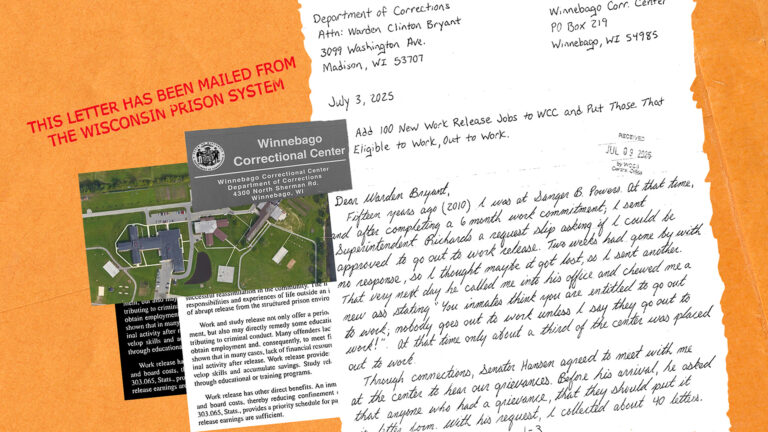
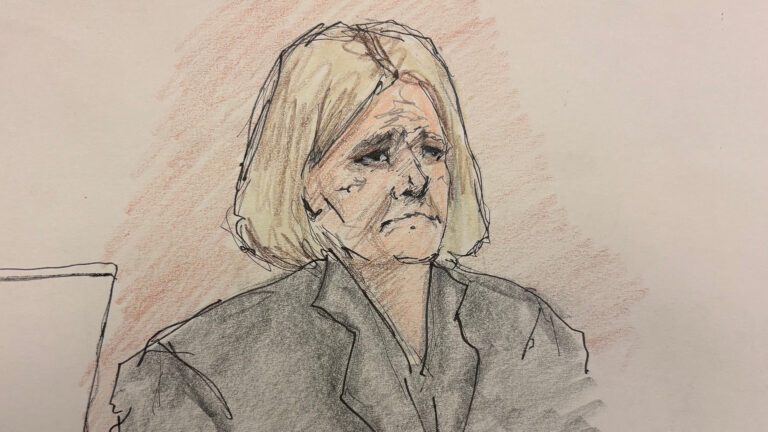
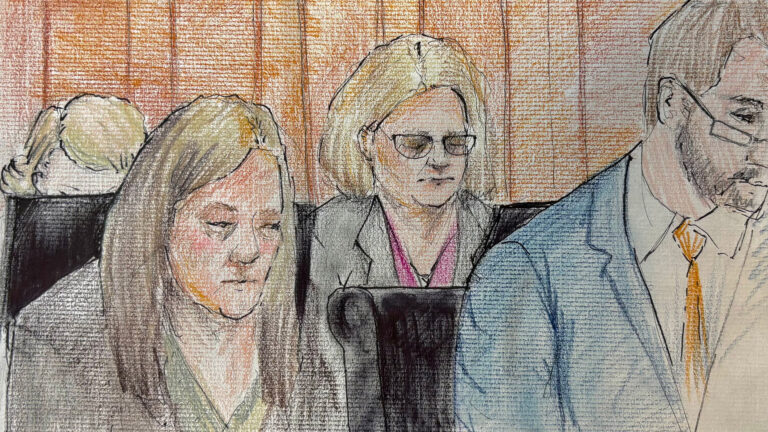
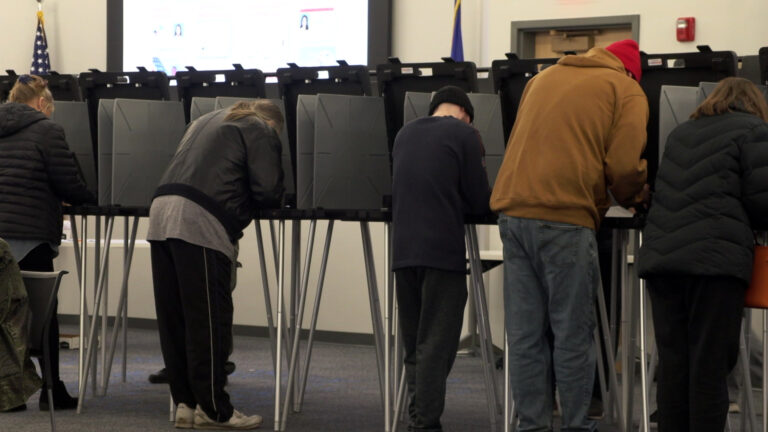
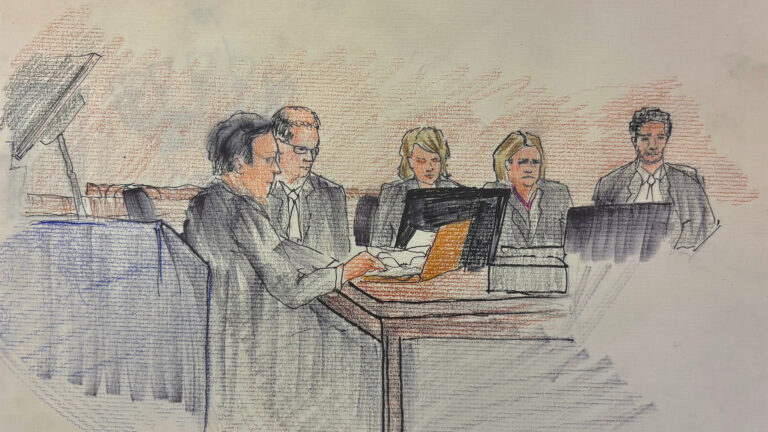
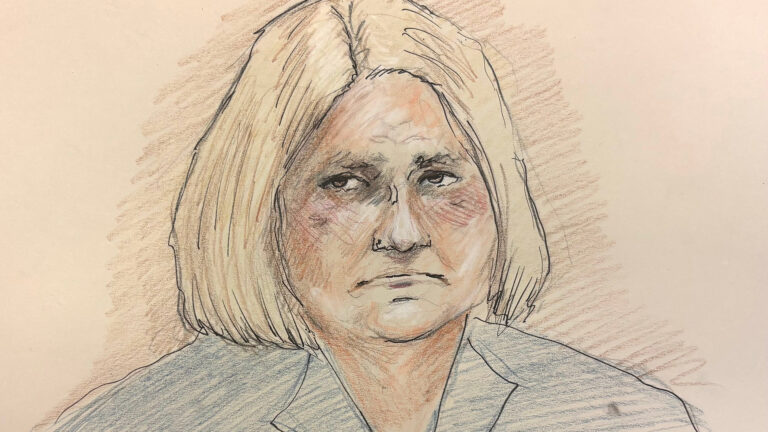

Follow Us